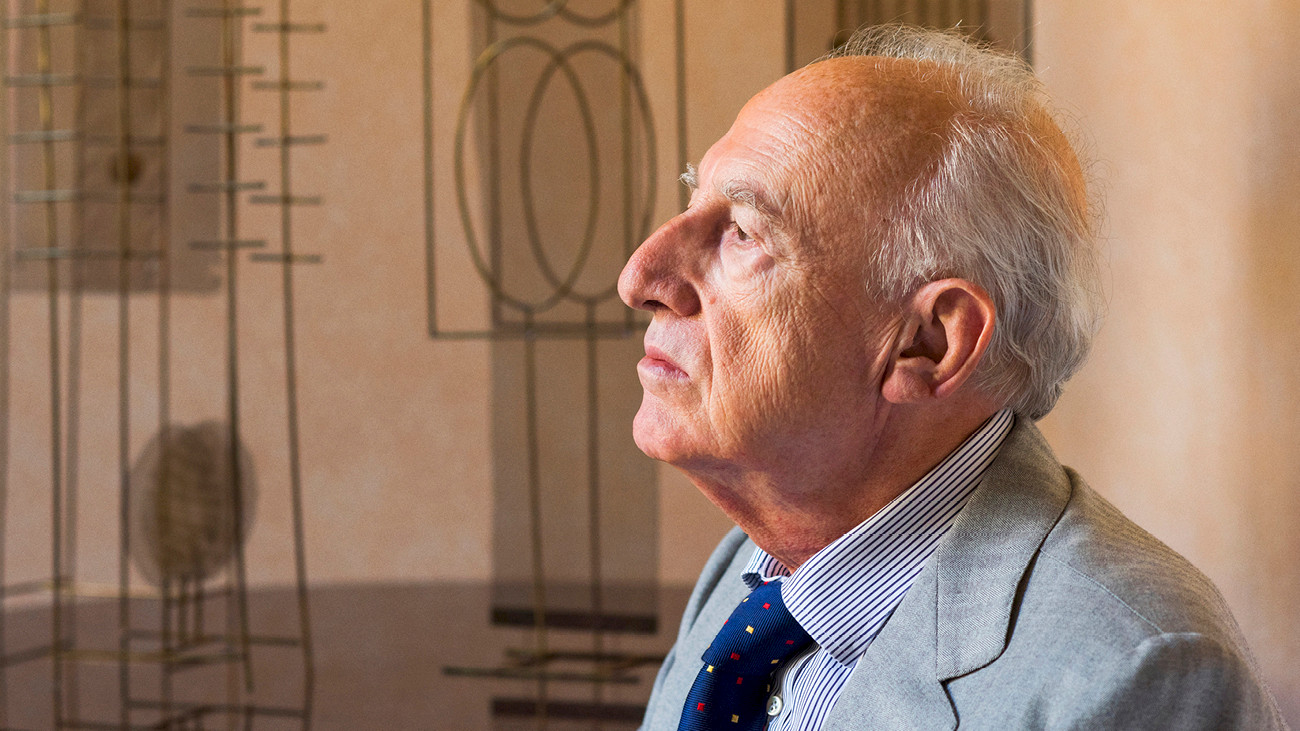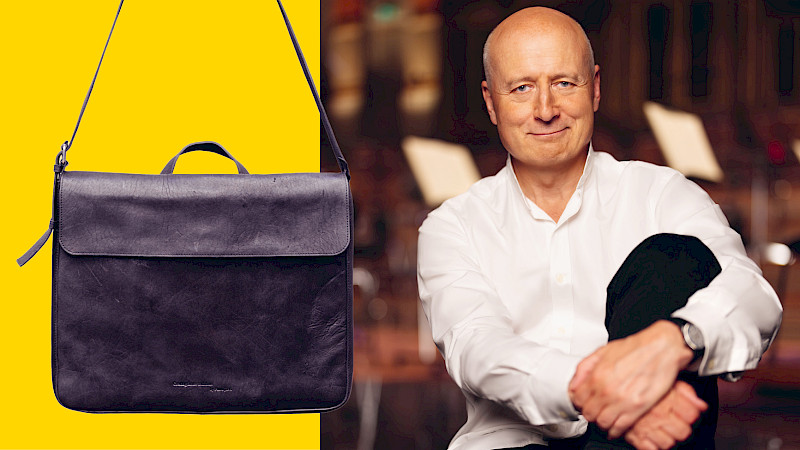
The Incorruptible
Schönberg, Nono, Chopin: the great pianist plays a programme entirely to his liking.
"The boy plays the piano better than all of us": this was what the great Arthur Rubinstein said in 1960 about the then 18-year-old Milanese Maurizio Pollini, who had just won the Warsaw Chopin Competition. The praise and the victory signalled the start of a great career; but they also had their dark sides, which Pollini avoided as consciously as he did consistently.
First of all, he disappeared from the limelight for a year to study further with Arturo Benedetti Michelangeli. And then he chose his repertoire in such a way that no one could get the idea of seeing him as a pure, "well-playing" virtuoso. As groundbreaking as his Chopin interpretations later became: He also had something else in mind.
And he still does. After 63 years on the international podiums, Pollini still manages not to let himself be pinned down, to surprise his audience - and perhaps himself as well. The fact that it is not yet clear what he will play at the Tonhalle Zurich at the end of February is not unusual. He is one of those who do not know months or even years in advance where the musical journey will lead.
Culture is also politics
For Pollini, this journey has always been more expansive than for most. As much as he loves the classics, he has been intensively engaged with the avant-garde. For him, this was a matter of course: as an architect, his father had cultivated a rational style at an early age, his uncle Fausto Melotti created abstract sculptures; this openness to modernism has left its mark on Pollini. Thus, he combined the old and the new at an early stage - and thus inspired an unusually broad audience. Works by Beethoven met Stockhausen's Klavierstück X, which he played with gloves on, as prescribed. And he juxtaposed Chopin with Luigi Nono, who was a close companion.
It was in the 1970s that Pollini, Nono and the conductor Claudio Abbado began to shake up Italian musical life. They organised concerts in factories, supported by the trade unions and the Communist Party. Their cultural vision was also a social, political one. Even many years later, Pollini regretted that these ideas "did not develop as much as they could have".
Nono and Abbado are long gone, Pollini is still around: as a long legendary, still incorruptible artist. Admittedly, he plays fewer concerts than before; in recent months he has had to take a break due to health problems. But even at the age of 80, he is not thinking of quitting. Not because he has a mission; he does it all, he once said in his unmistakable smoky voice, "simply for my pleasure". And yes: also for ours.
Translated with DeepL.com





